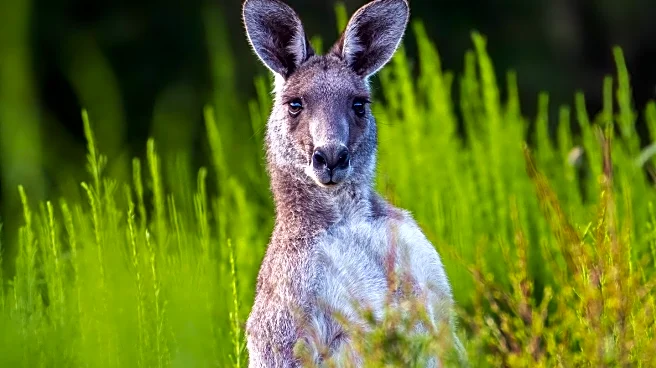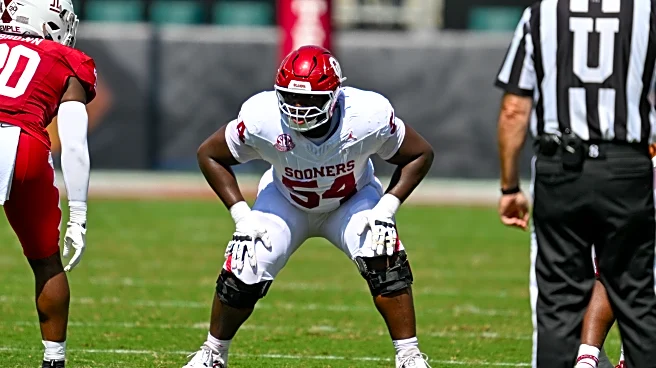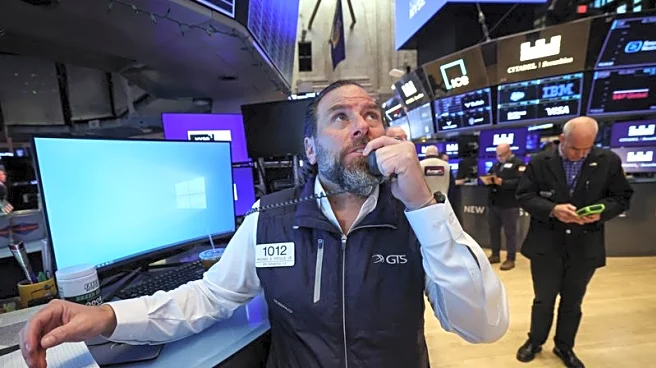What's Happening?
In South Carolina, a chiropractor known for treating domestic pets like dogs and cats recently expanded her practice to include a more exotic patient—a kangaroo. Dr. Christine Kopp, who operates Kopp Animal Chiropractic, was surprised to find a kangaroo in her waiting room, brought in for a chiropractic adjustment. The kangaroo, named Roo, required special handling due to its unique anatomy and constant movement. Dr. Kopp noted the challenges presented by the kangaroo's arched spine and its ability to stand on two legs. Despite these challenges, the adjustment was successful, and Roo's owner, Laurie Dozier, expressed satisfaction with the treatment. Roo, who has been hand-raised since being separated from his mother, is still young but expected to grow significantly larger.
Why It's Important?
This event underscores the growing trend of specialized veterinary care for exotic animals in the United States. As more people adopt non-traditional pets, veterinary practices are adapting to meet the unique needs of these animals. The successful treatment of a kangaroo by a chiropractor highlights the versatility and adaptability required in veterinary medicine today. This could lead to increased demand for veterinarians and specialists who can handle a wider variety of species, potentially influencing veterinary education and practice standards. Additionally, it raises awareness about the responsibilities and challenges of caring for exotic animals, which can have implications for animal welfare and regulatory policies.
What's Next?
As exotic pets become more common, veterinary practices may need to expand their services and expertise to accommodate a wider range of species. This could involve additional training for veterinarians and support staff, as well as investments in specialized equipment. Regulatory bodies might also consider updating guidelines to ensure the welfare of exotic animals in domestic settings. For pet owners, this development emphasizes the importance of understanding the specific needs and challenges associated with caring for non-traditional pets.
Beyond the Headlines
The treatment of a kangaroo in a chiropractic setting also touches on ethical considerations regarding the domestication of wild animals. While some animals can adapt to domestic life, they retain their natural instincts, which can pose challenges for owners and caregivers. This situation highlights the need for ongoing discussions about the ethical implications of keeping exotic animals as pets and the responsibilities of owners to provide appropriate care.










